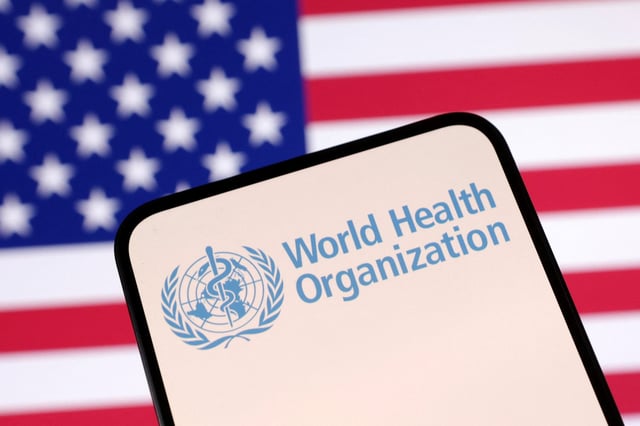Overview
- On July 18, the U.S. Departments of State and Health and Human Services formally transmitted a rejection of the 2024 amendments to the International Health Regulations adopted by the World Health Assembly
- The administration said the changes would grant the WHO new authority to declare pandemics and direct the allocation of health commodities, potentially undermining national decision-making
- Officials criticized broad, ambiguous terminology and mandatory digital health certificates as opening the door to narrative management, propaganda and censorship
- Leaders framed the move as a defense of U.S. sovereignty and civil liberties, arguing it prevents unelected international bureaucrats from shaping domestic health policy
- The amendments were set to become binding on July 19 regardless of America’s WHO withdrawal, which remains on track for January 2026



